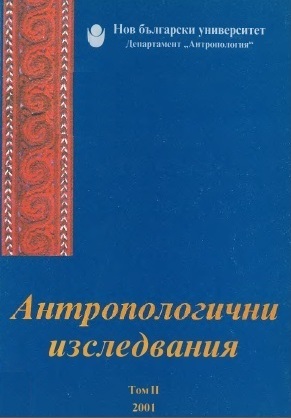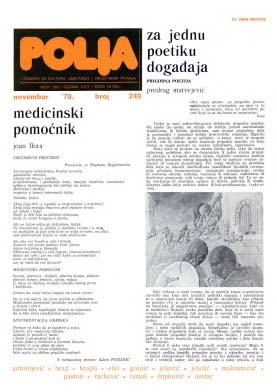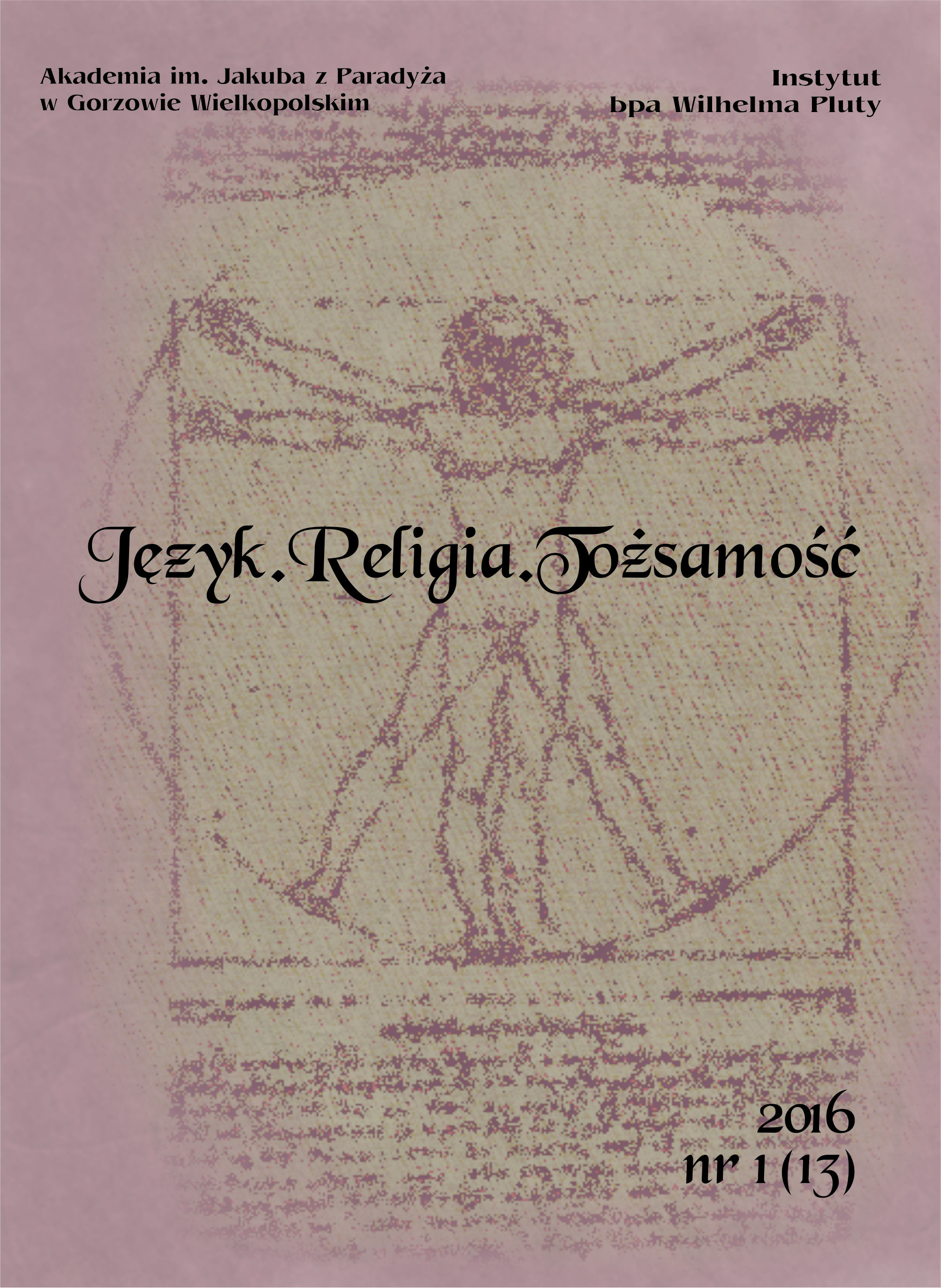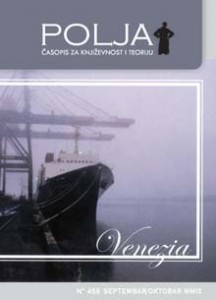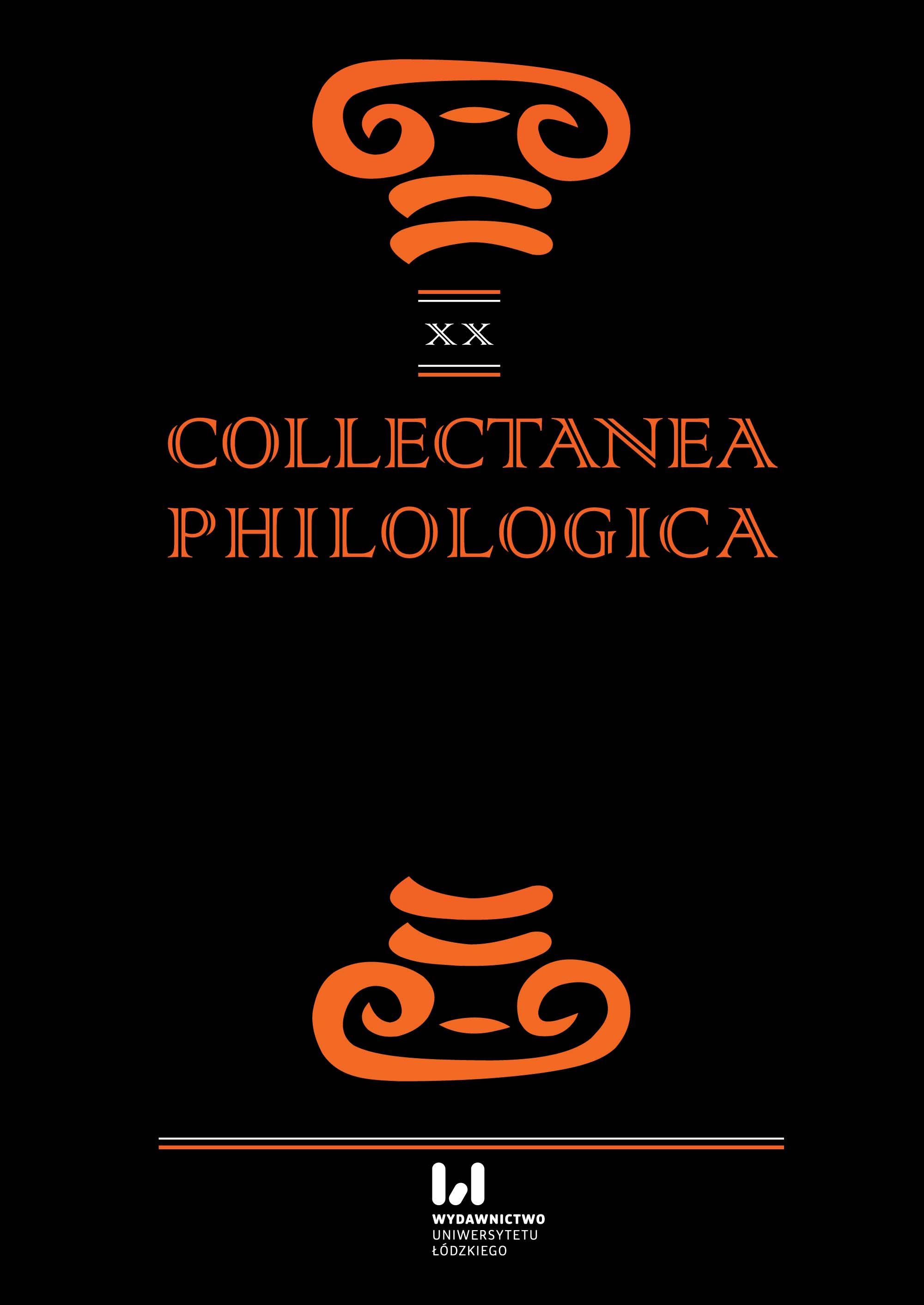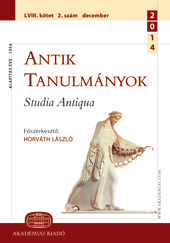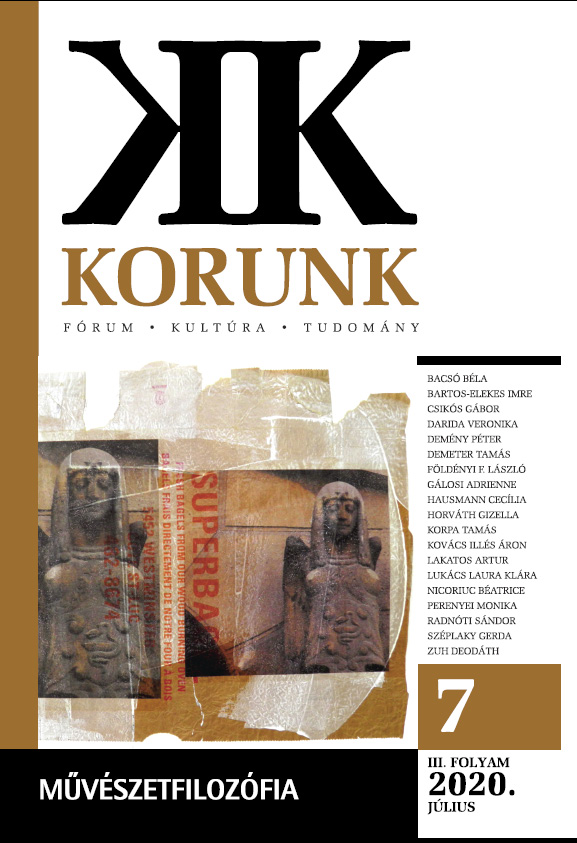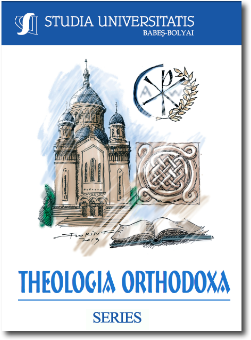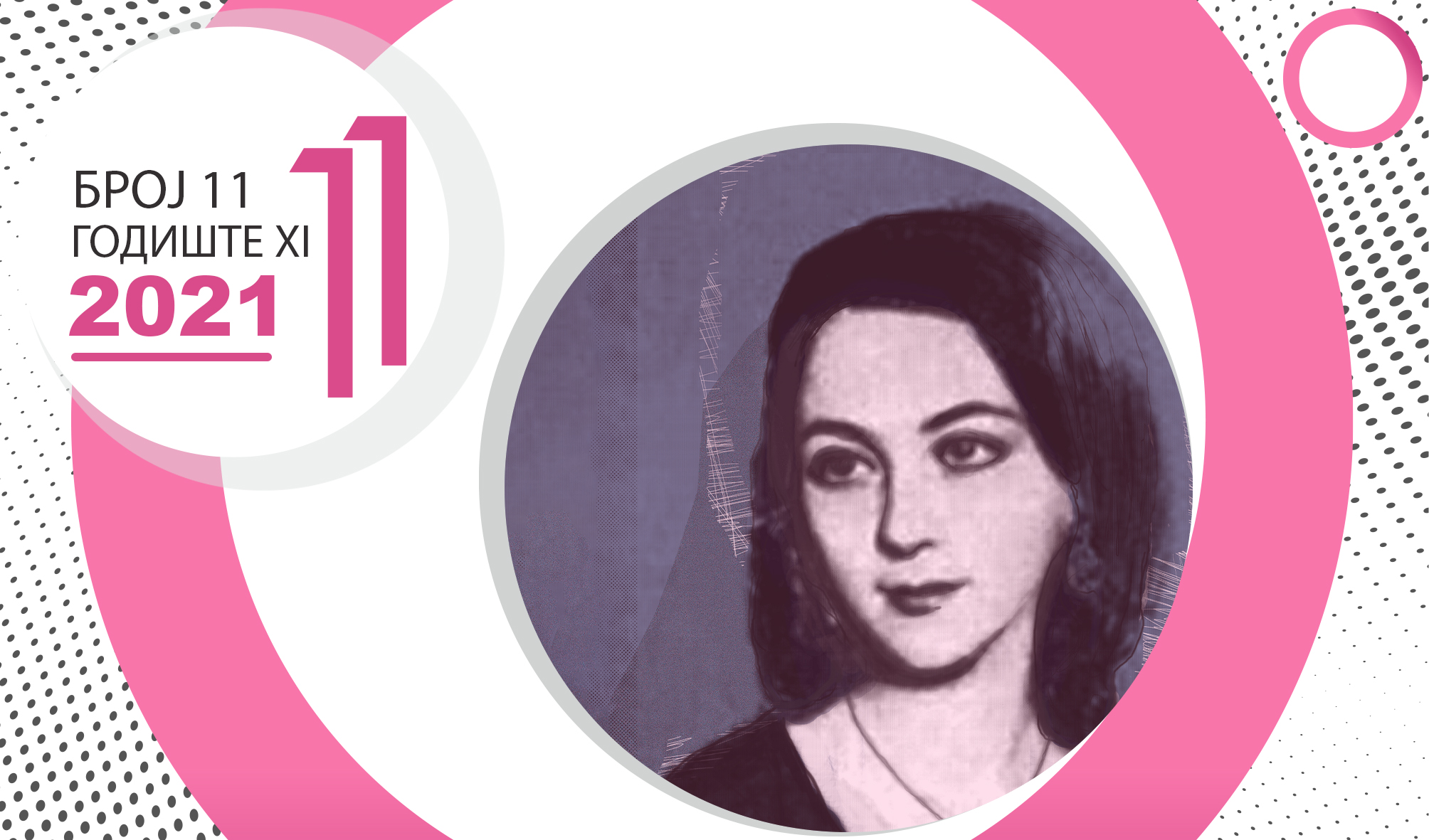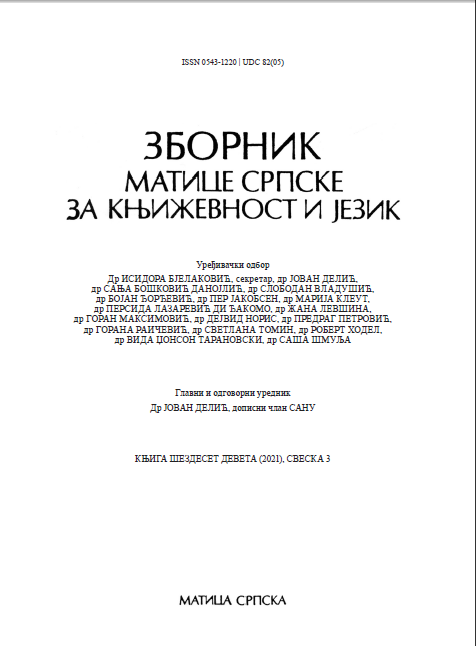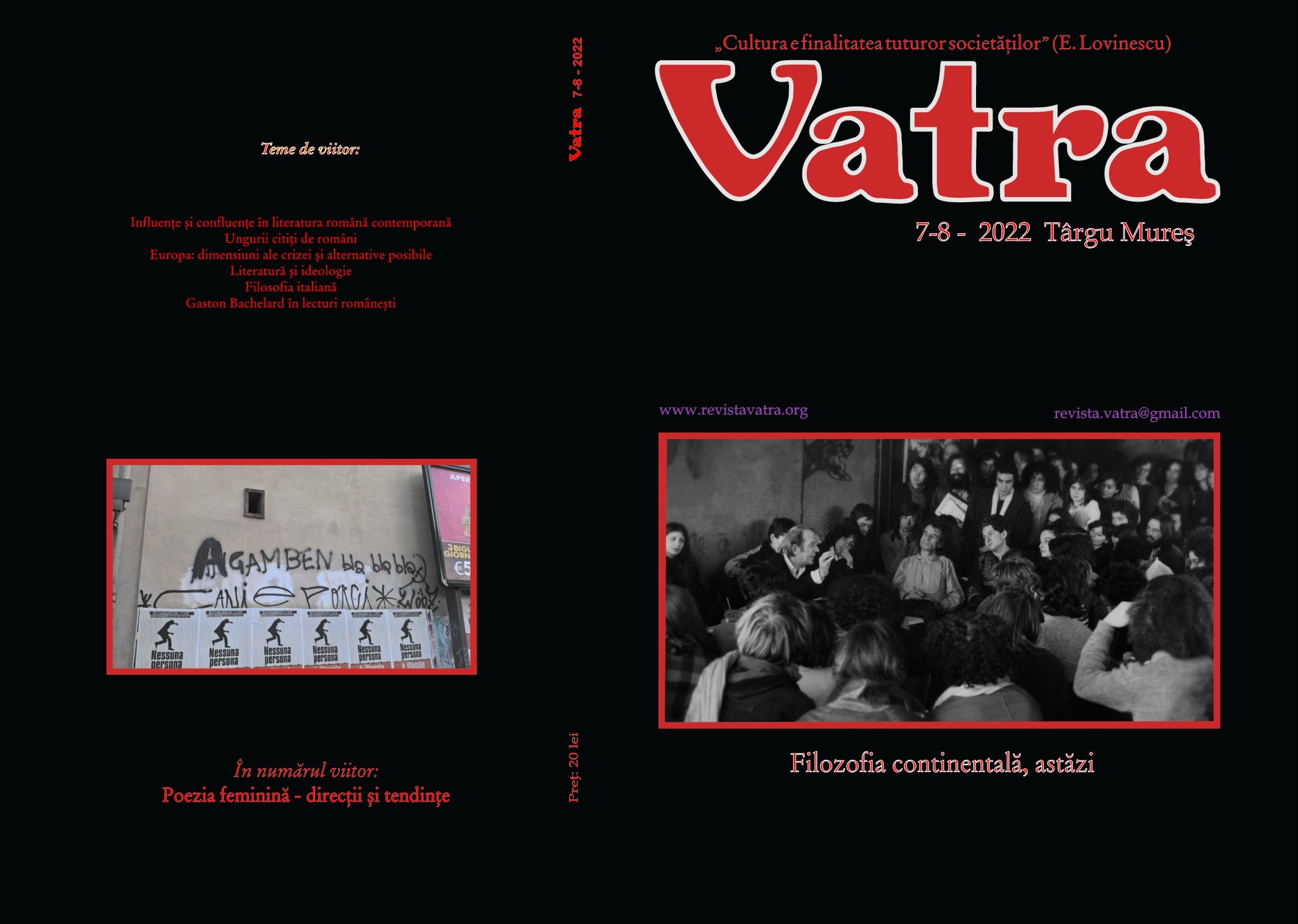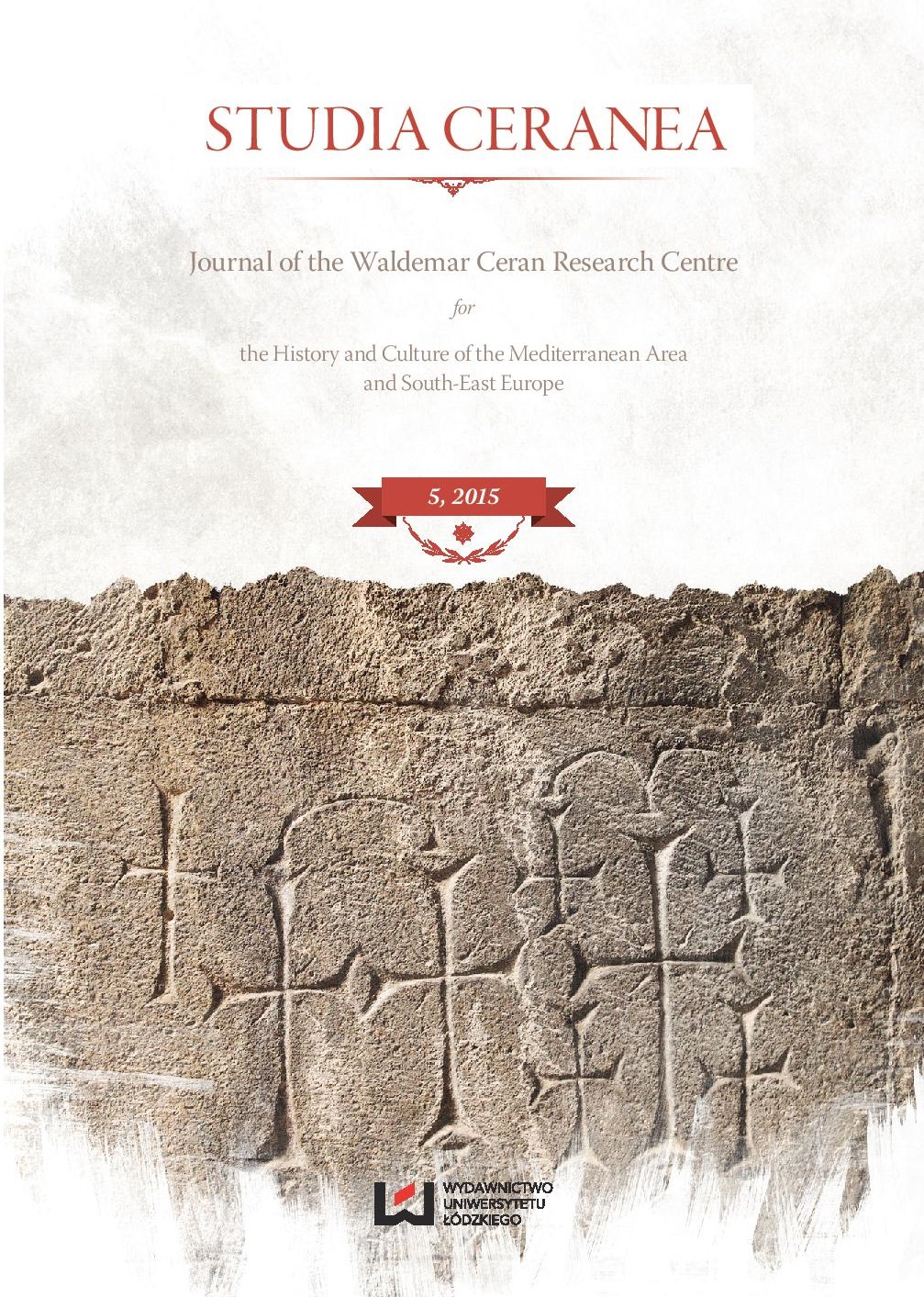
Pro Bessarione poeta
This article discusses the relatively unknown poetry of Bessarion, the future Cardinal. The author argues with a negative opinion of F. M. Pontani concerning the three epicedia on the death of Theodora Comnena. The author analyses the composition, artistic means of expression and intertextual links in order to revise the common opinion in the subject and to prove the presence of literary values in the mentioned poems.
More...
